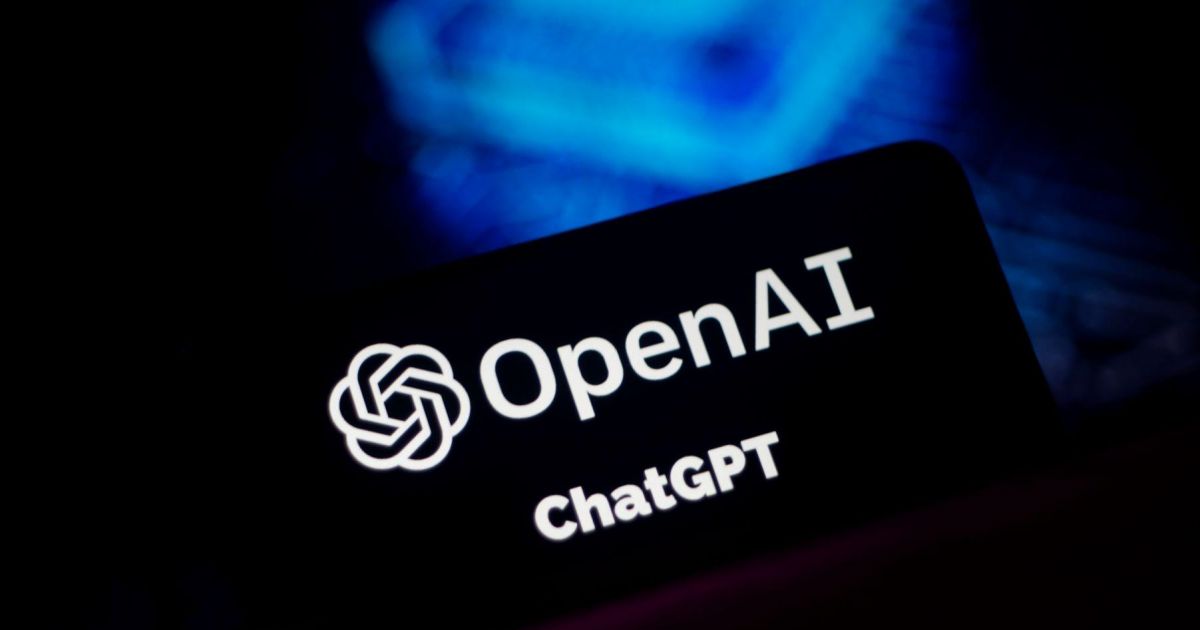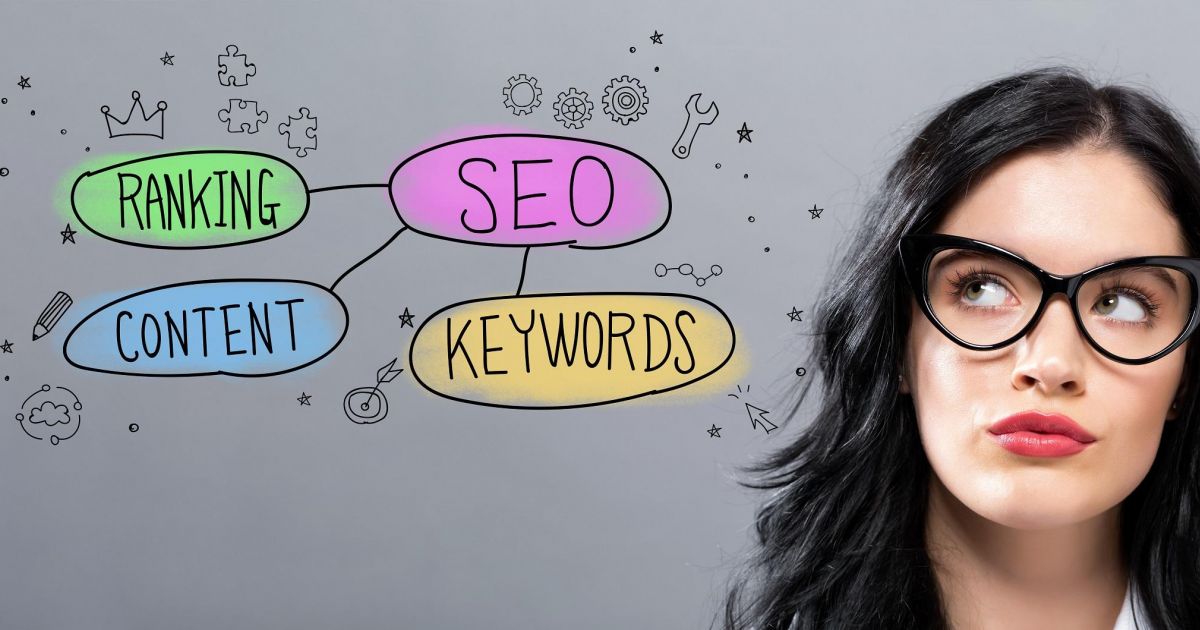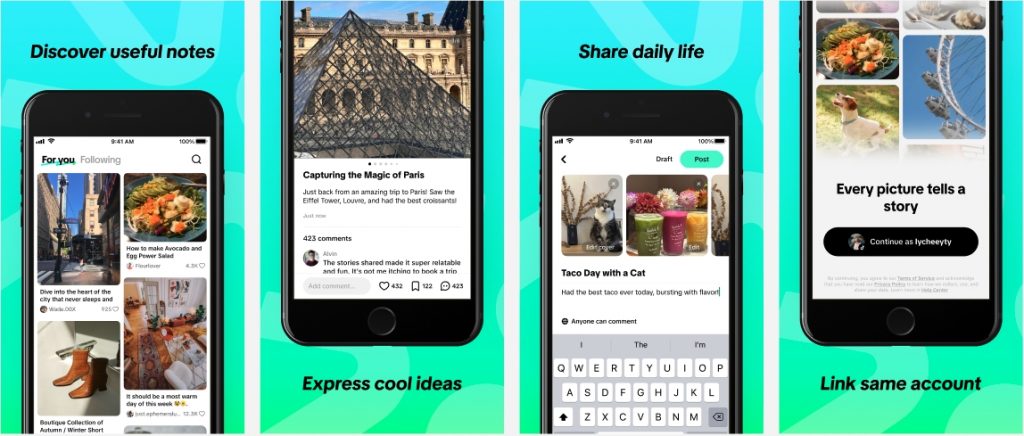A recent study by the Hubspot platform highlights the various uses of artificial intelligence in the day-to-day work of marketing professionals. Here are the highlights.
The survey, carried out in March 2023 among more than 1,350 marketing, sales, customer service and SEO professionals worldwide, already gives an idea of the scale of current AI use.
62% of marketers said their companies had already invested in AI and automation tools for their employees to use, 71% could see a positive ROI, and 72% reported that their employees had gained in productivity thanks to these tools.
In reality, only a third (35%) of marketers say they use AI and automation as part of their role. This figure rises to 54% for bloggers and SEO specialists… although this data is probably underestimated, given the complexity of precisely defining how respondents evaluate the notion of artificial intelligence.
The key time-saving factor
The first benefit is obviously the time saved by AI. In 2023, marketers will be working on an average of five campaigns at a time, and managing a total of seven campaigns per quarter.
The vast majority (90%) thus declare that AI and automation enable them to devote less time to manual tasks and more time to the tasks they enjoy most (80%) and to the creative aspects of their role (79%).
The Hubspot study even managed to give an estimate of the productivity gain involved: 12.5 hours per week! After all, marketers spend an average of five hours a day on manual, administrative or operational tasks, many of which can be repetitive (keyword research, data cleansing, list building, blog formatting in a CMS, raw data analysis etc.).
For which tasks is AI used?
Content creation, data analysis and learning are the main activities AI is used for, according to respondents.
In detail, it turns out that conversational robots, such as ChatGPT, or text and image generation tools are, unsurprisingly, the most widely used.
AI-powered content editing
Let’s delve deeper into the first use, namely content creation. Already, a majority of marketers (53%) only slightly modify AI-generated text before publishing it, proof of the increasing relevance of search results. However, in 96% of cases, the AI-generated content will not be complete enough to be published as is.
Another possible use: relying on generative AI to find ideas or inspiration. This is what a third (35%) of marketers do. More than one in five marketers (21%) use AI to summarize a text in a few main points, which can be very useful for adapting content to different distribution channels (blog, social networks, newsletters, etc.). Moreover, 31% of marketers use AI to create posts for social networks.
social networks.
In the end, they’re delighted: 89% of marketers who use generative AI to create content say it helps improve the quality of their content! Will this eventually replace them? No, according to Kipp Bodnar, Managing Director of Marketing at Hubspot:
AI will never replace the creativity of human beings or the connections they are able to make. A machine has no experience and can neither form an opinion, nor manage and train an employee. 65% of marketers are clearly not afraid of being replaced by AI.”
Before opting for a very optimistic view:
Its use will become as commonplace as Google’s. You probably can’t imagine living and working without Google. I believe the same will be true of AI in a few years’ time.”
Keeping a clear head
Even so, marketers are well aware of AI’s limitations. First and foremost, the generation of erroneous information, the first problem mentioned. Nearly half of marketers who use generative AI say they have received information they knew to be inaccurate. Worse still, only 27% are certain that they can see when the information provided is inaccurate!
Hence the importance of not becoming too dependent on AI.
Discover our trainings :






